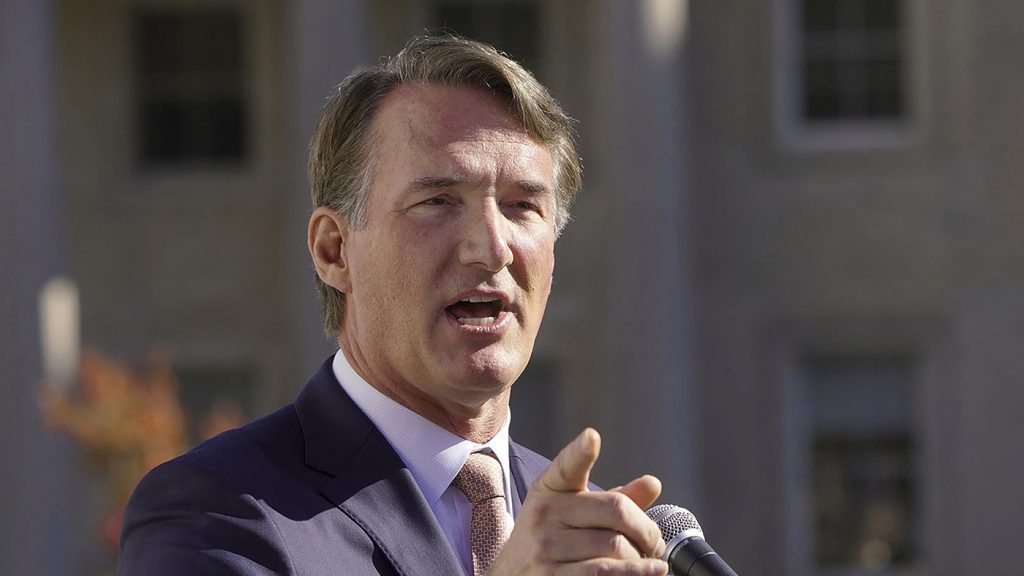Virginia Gov. Glenn Youngkin (R) signed two bills aimed at took action against giving extra consideration to applicants with family ties to public colleges in Virginia on Friday.
“No public institution of higher education should give any special treatment in the admissions process based on a student’s legacy status or their family's connection to a college donor,” the bills’ text states.
The governor signed the bills amid amid a nationwide conversation about legacy admissions, which give an advantage to family members of alumni and donors in college admissions. Over 100 colleges and universities have stopped legacy preferences since 2015, as reported by the nonprofit Education Reform Now.
Some of the institutions that have stopped the practice include Wesleyan University, Occidental College, and the University of Minnesota.
There has been increased discussion about legacy admissions after a Supreme Court decision last year that abolished affirmative action and prohibited schools from considering race in admissions. Colorado was the first state to prohibit legacy preferences in 2021.
On the same day as the Supreme Court decision, President Biden criticized legacy admissions and instructed the Education Department to examine “practices like legacy admissions and other systems that increase privilege rather than opportunity.”
“Virginia demonstrated that we can work together in a bipartisan manner to stop the practice of legacy preferences,” stated Sen. Schuyler VanValkenburg (D), who introduced the Senate bill, said in a post on X, the platform formerly known as Twitter on Friday.









